I think quite a few Bitcoiners are aware of legendary essay by Pierre Rochard on Nakamoto Institute website about Bitcoin's speculative attack on US dollar.
However, while reading Tuur Demester's work "How to Position for the Bitcoin Boom", I found that he cited very interesting academic paper from 2013, written even one year before Rochard's essay.
Regulating Digital Currencies: Bringing Bitcoin within the Reach of the IMF
In this paper there are very interesting takes about IMF's inability to defend against Bitcoin's speculative attack on fiat currencies. Its very interesting to read it now 11 years later at many orders of magnitude higher Bitcoin prices.
"This Comment argues that the International Monetary Fund, the institution responsible for coordinating the stability of foreign exchange rates, is ill-equipped to handle the widespread use of digital currencies in the foreign currency exchange market. It highlights the inability of the Fund to intervene in the event of a speculative attack on a currency by Bitcoin users"
...
"Because Bitcoin is not formally backed by a country's government, it is not bound by the IMF's guidelines. As a result, Bitcoin poses a serious threat to the economic stability of the foreign currency exchange market if it continues to grow in both value and usage. Any other digital currency that enters widespread use would pose similar problems. Because private digital currencies like Bitcoin fall outside the IMF's legal framework, the IMF is unable to obtain those currencies directly. As a result, the IMF is limited in what it can do to intervene in the event that a private digital currency like Bitcoin is used to attack the value of a conventional currency through what is known as a "speculative attack." A speculative attack occurs when an investor wishes to take advantage of a "weak currency," a currency that has depreciated in value relative to other currencies.
If left unchecked, a successful attack can push a weak currency's value even lower, resulting in a destabilization of the international foreign currency exchange market." If Bitcoin--or a digital currency like it becomes an important currency in international commerce, its use in speculative attacks could cause serious economic harms unless the IMF develops a way to counter those attacks.
To further complicate things, the longer the IMF takes to bring Bitcoin within its control, the more difficult controlling Bitcoin will become. Bitcoins are generated through computer software which is programmed to halt the production of new Bitcoins by approximately 2025. Once Bitcoins can no longer be generated, their supply becomes finite and their value can be expected to increase. As their value increases, so does the expense that the IMF has to incur in order to obtain them. Because having a supply of Bitcoins is necessary to effectively counter a speculative attack, the sooner the IMF can acquire a supply of Bitcoins, the cheaper counteracting such an attack will be."
...
"Herein lies the threat posed by Bitcoin. In the event that a wealthy Bitcoin investor-or a number of Bitcoin investors-launches a speculative attack on a currency, what can be done to counter it? In theory, individual countries could diversify their reserve portfolio by purchasing Bitcoins from an online exchange. But if a central bank's reserve is unable to absorb the maturity mismatches suffered by its central banks, who can it turn to? The IMF has no supply of Bitcoins; indeed it has almost no way to obtain them directly. The IMF obtains currency via the quota system and the IMF can only collect quotas from its members. Bitcoin is neither a member of the IMF, nor could it become one if it wanted to IMF membership is only open to nation-states."' The IMF could try to purchase its own reserve of Bitcoins, but whose money would it use? Which part of the IMF's general fund would it deplete? In short, Bitcoin's potential to become a major player in the foreign currency exchange market raises a number of substantial questions for the IMF. In its current state, the IMF would be unable to supply the currency needed to counter the destabilizing effect of a speculative attack by Bitcoin users on a member nation's currency."
These are some of the most interesting takes and I think that this speculative attack is already ongoing and that every one of us, Bitcoin holders, are performing it by every sat we stack, by every post, comment, tweet or like we make. And the only way for incumbent forces to try to only slow this attack is to buy Bitcoin themselves. Isn't this beautiful?
[link] [comments]

You can get bonuses upto $100 FREE BONUS when you:
💰 Install these recommended apps:
💲 SocialGood - 100% Crypto Back on Everyday Shopping
💲 xPortal - The DeFi For The Next Billion
💲 CryptoTab Browser - Lightweight, fast, and ready to mine!
💰 Register on these recommended exchanges:
🟡 Binance🟡 Bitfinex🟡 Bitmart🟡 Bittrex🟡 Bitget
🟡 CoinEx🟡 Crypto.com🟡 Gate.io🟡 Huobi🟡 Kucoin.


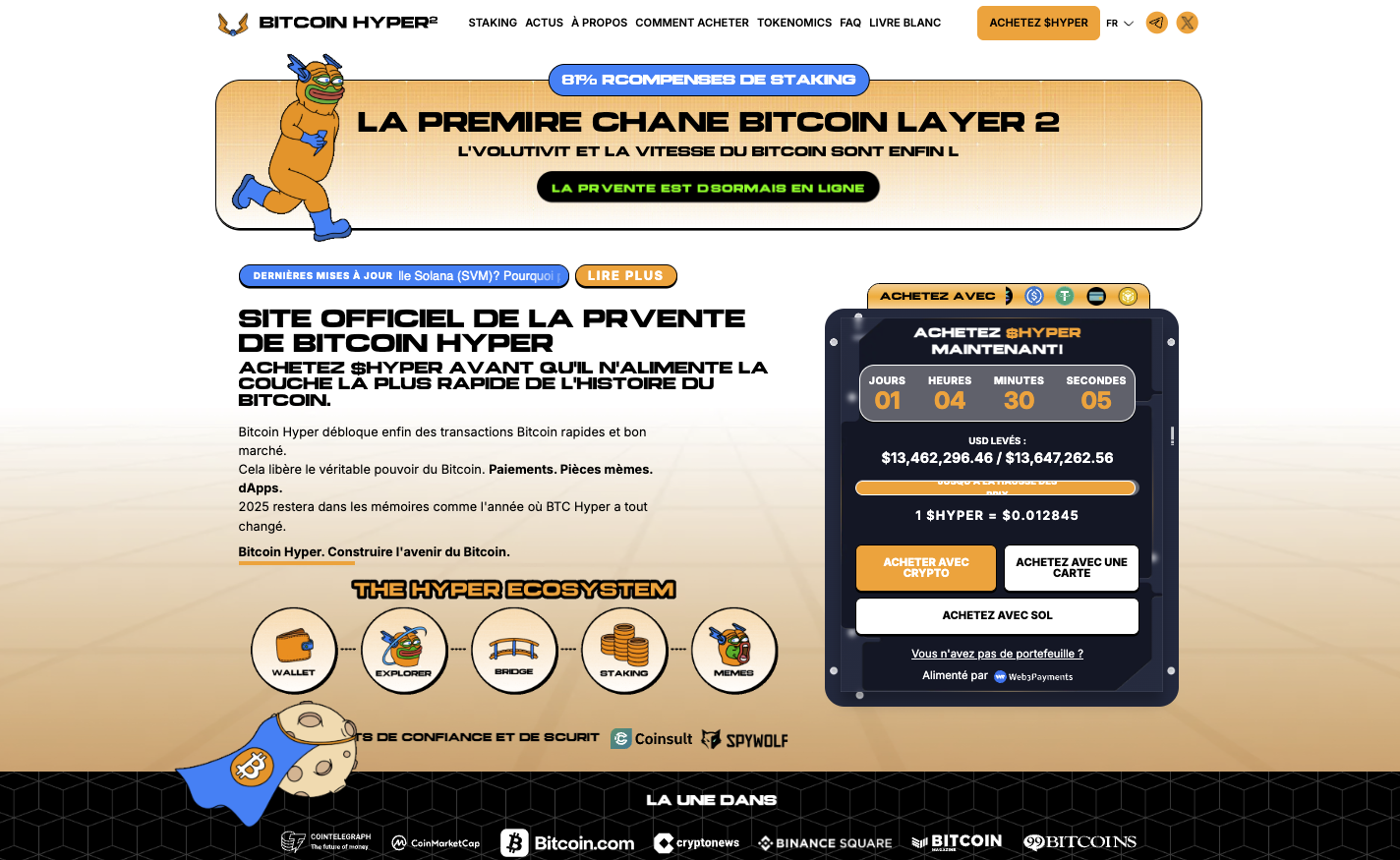
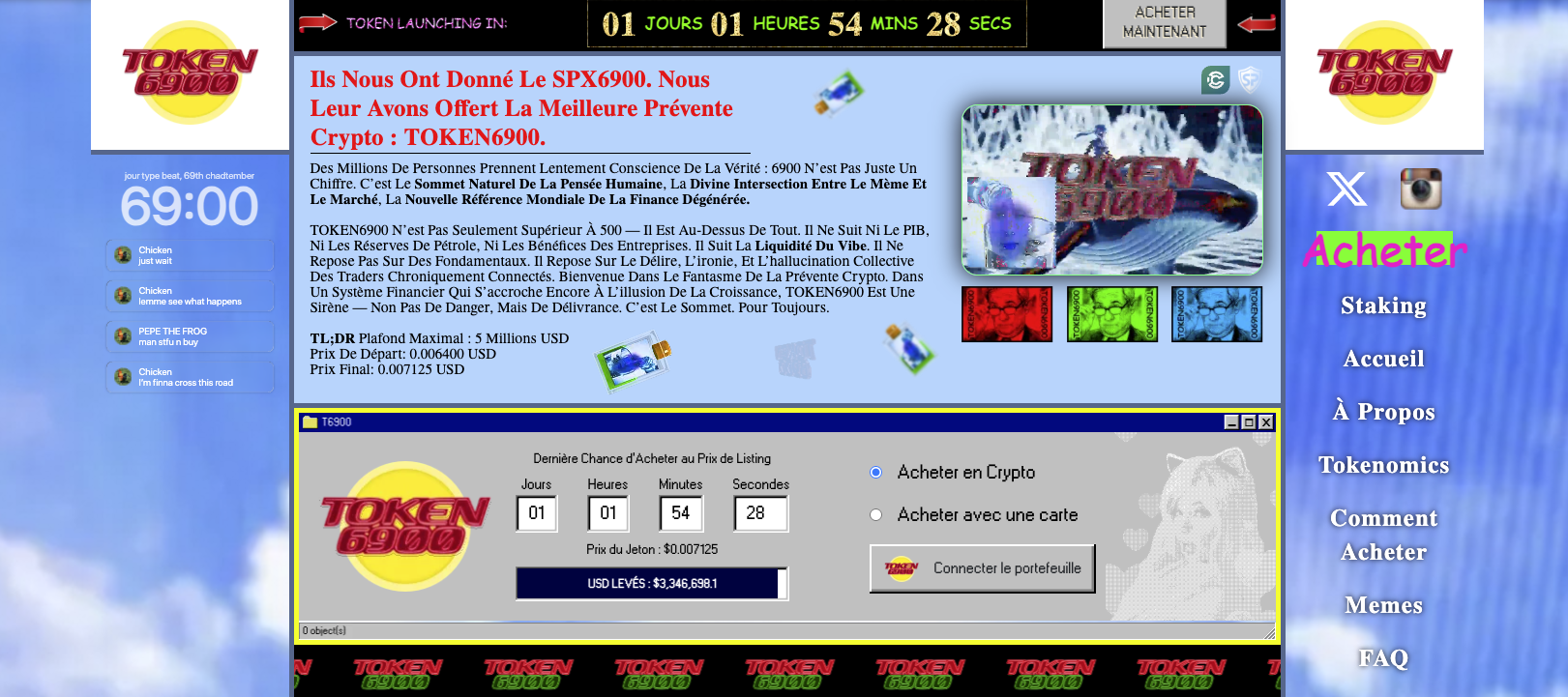


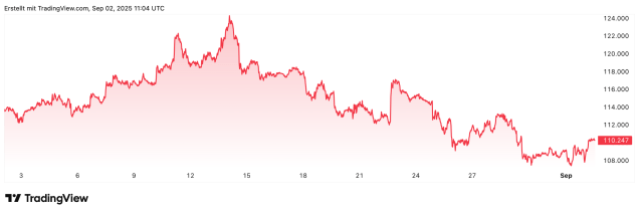
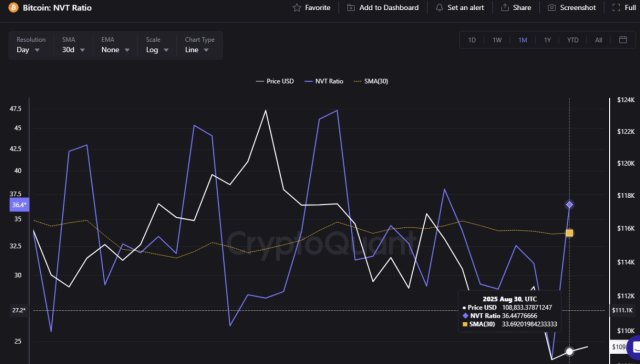

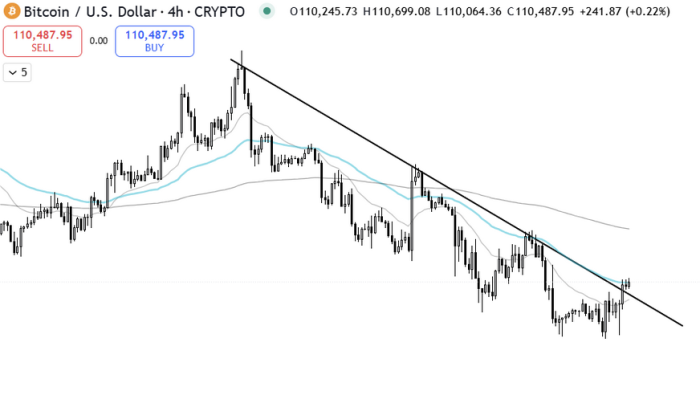

Comments